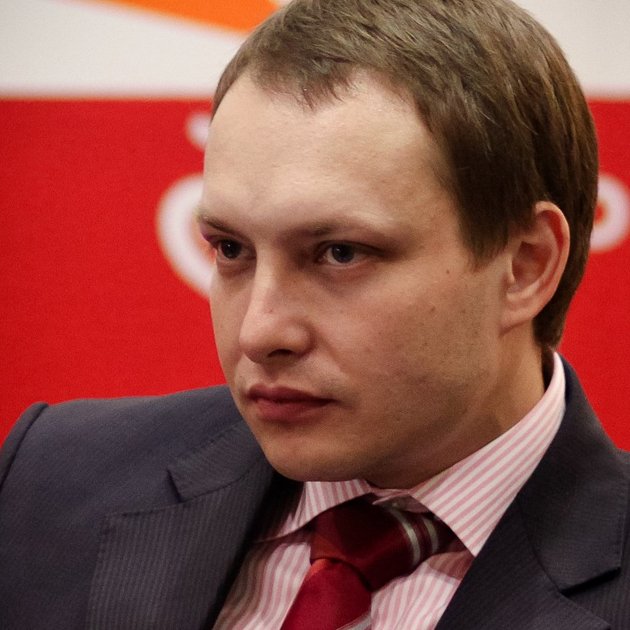Leonid Bershidsky, columnist for Bloomberg, today argued in favour of a possible investiture of Carles Puigdemont from exile. The article's title makes it clear: "Government by Skype? It's Worth a Shot". It's the first time an international media outlet has published an article so clearly in favour of the idea.
"The Catalan parliament is considering what could be the most exciting experiment in modern politics: an attempt to form a government-in-exile that would actually govern," writes Bershidsky. This idea is truly without precedent as previous governments-in-exile have always been without real power in the territory they claim.
According to the article, "it's time for someone to try to run a country, or at least a large, economically important region, remotely". The columnist notes that the current US president, Donald Trump, is frequently absent from Washington, for example, at his Mar-a-Lago property in Florida. "Where's the real White House?", they wonder.
They admit it "may not be an inspiring example", but suggest that "it may be a little too old school to expect a leader physically to be with his people". They ask why, as voters are often "served by those [they] appoint to govern [them] remotely", politicians "shouldn't try to do their jobs from wherever they are?" They note that leaders, on call at all times, often work as much outside of their offices as in them.
They suggest it might be easier to apply suggest a policy in politics than business, as "the processes are more formalized and less fluid, (...) the chains of command are established, and running them remotely could even eliminate friction and lower the pressure on the decision-maker". They argue that "the distance, say, between Brussels and Barcelona isn't long enough to eliminate physical meetings altogether, but it's sufficient to make sure only the most important ones are held".
Bershidsky says it's time to "demystify" government, that "it doesn't require physical presence any more than any other non-physical work". He believes that "remote administration should definitely be tried". Despite all this, however, in his final paragraph he expresses some doubts about this idea in the current Catalan context. He believes the next leader has to "talk constructively to Madrid" and pro-union Catalans, something which, in his opinion, "unfortunately can't really be done from Brussels".
